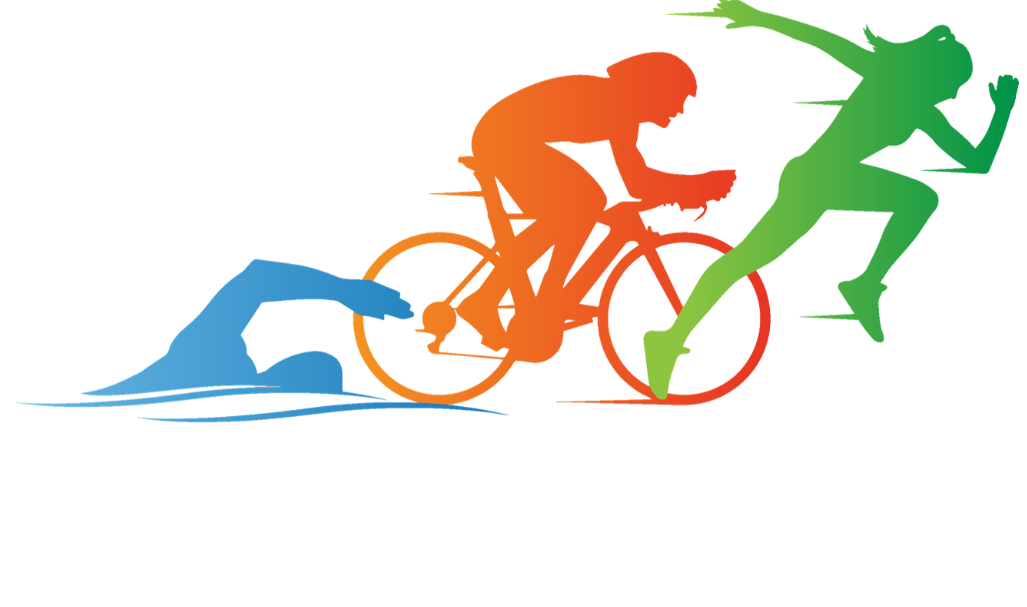The Importance of Rest and Recovery in Triathlon Training
Triathlon training is a demanding and challenging sport that requires a lot of time, dedication, and hard work. It’s not just about the training sessions but also about what happens between those sessions. Rest and recovery are essential components of triathlon training and are just as important as the actual training itself. In this article, we’ll discuss the importance of rest and recovery in triathlon training and provide some tips on how to incorporate it into your training plan.
Why Rest and Recovery are Important in Triathlon Training?
Rest and recovery are crucial in triathlon training for a few reasons. First, during training, your body undergoes a lot of stress, and it’s important to give your body time to repair and recover. Second, rest and recovery help to prevent injuries and reduce the risk of overtraining. Finally, rest and recovery can help to improve your overall performance by allowing you to train harder and more effectively.
The Benefits of Rest and Recovery
- Injury prevention: Rest and recovery help to prevent injuries by allowing your body time to repair and recover. Overtraining and not getting enough rest can lead to injuries such as stress fractures, muscle strains, and joint pain.
- Improved performance: Rest and recovery can improve your overall performance by allowing you to train harder and more effectively. When you’re well-rested, you’re able to push yourself harder during training sessions, leading to better results.
- Reduced stress: Triathlon training can be stressful, both physically and mentally. Rest and recovery can help to reduce stress levels, allowing you to feel more relaxed and refreshed.
Tips for Incorporating Rest and Recovery into Your Training Plan
- Listen to your body: Pay attention to how your body feels and adjust your training plan accordingly. If you’re feeling tired or sore, take an extra day off or do a lighter workout.
- Take regular rest days: Plan regular rest days into your training plan to give your body time to recover. Rest days don’t mean you have to do nothing, but rather focus on low-intensity activities like stretching, yoga, or a light swim.
- Get enough sleep: Sleep is crucial for recovery, so make sure you’re getting enough of it. Aim for at least 7-8 hours of sleep each night.
- Eat a balanced diet: Proper nutrition is essential for recovery, so make sure you’re eating a balanced diet with plenty of protein, healthy fats, and carbohydrates.
- Stay hydrated: Drink plenty of water and fluids before, during, and after your training. Especially in hot weather. Proper hydration helps to maintain body temperature, lubricate joints, and transport nutrients to muscles.
In conclusion, rest and recovery are critical components of triathlon training that can help prevent injury, improve performance, and reduce stress. By incorporating regular rest and recovery into your training plan and paying attention to your body’s needs, you can achieve your best results and enjoy a successful triathlon season.

